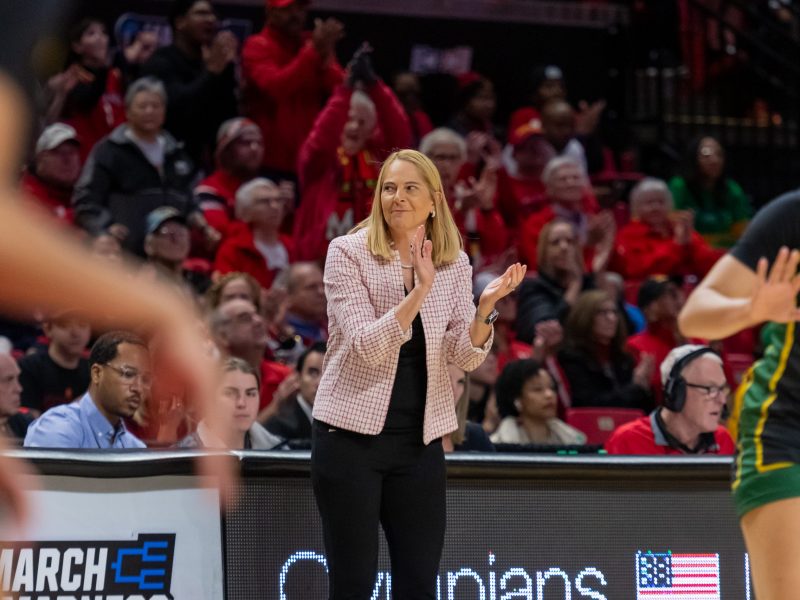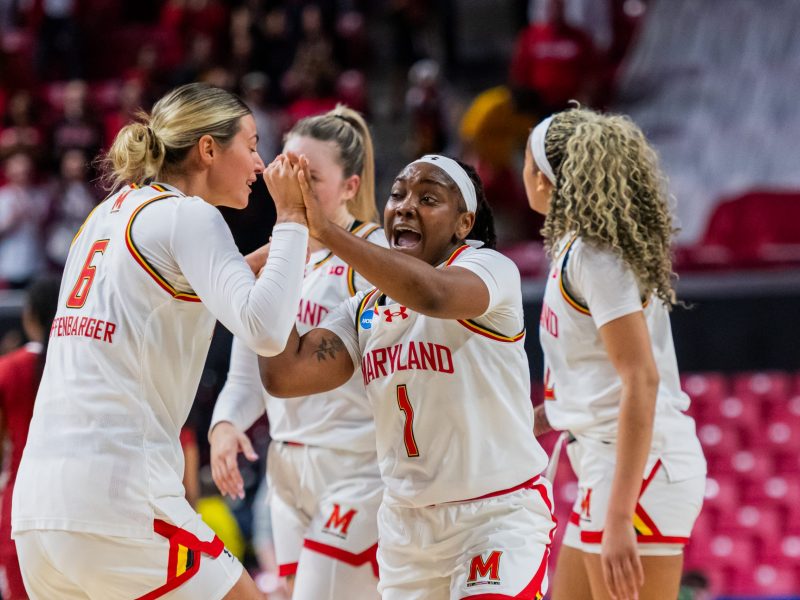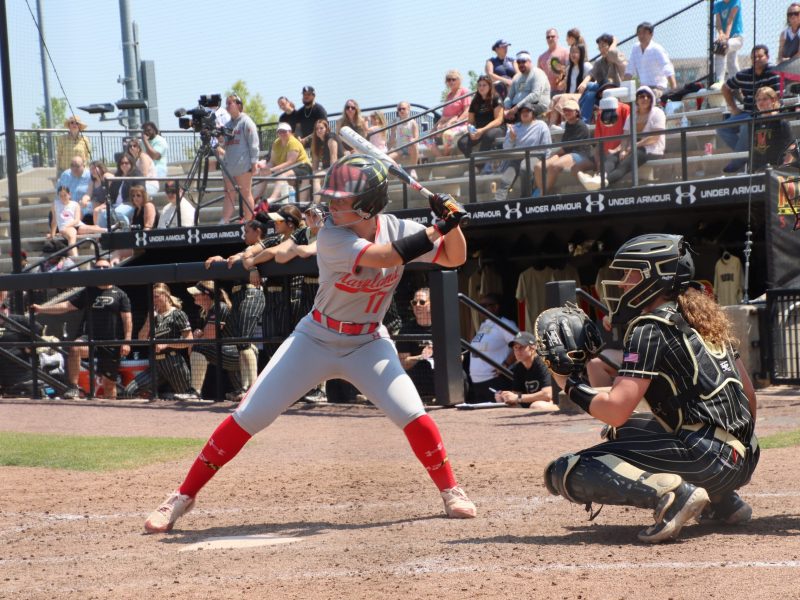Since the economic recession, law schools across the country have experienced a decline in the number of applicants, and undergraduate pre-law programs are reporting fewer students every year.
And although this university has not been an exception, pre-law advising coordinator Gregory Shaffer said the university’s program is doing better than it might seem from the numbers.
“We are going up in terms of where we are as a feeder nationally,” he said. “We don’t tend to see the drop as badly as some other schools.”
This university is the 10th largest feeder of law school applicants, contributing 421 students during the 2012-13 application cycle, according to the Law School Admission Council. In 2010-11, the University of Michigan sent 752 students to law school when this university sent 552. For the 2012-13 application cycle, Michigan sent only 406 students to law school, almost a 50 percent decrease.
Shaffer speculates this campus’ proximity to Washington leads many students to make a connection between law and politics.
“From a percentage standpoint, our Maryland students are more interested with law school than most other schools in the country,” Shaffer said. “Last cycle, I had over 95 percent of my seniors get admitted to law school.”
Since 2010, there has been a 37 percent drop nationally in the number of law school applicants, according to the LSAC. Shaffer and Jeff Thomas, pre-law programs executive director at Kaplan Test Prep, said students’ fear of the job market has likely contributed to this drop.
“This cycle around, people are looking into what has been — and continues to be — an uncertain job market,” Shaffer said. “As you’re looking now at law school, you’re not terribly worried at the job market now; you’re worried about what it’s going to be four years from now.”
When the economic recession hit in 2007, Thomas said many students looked to law school as a place where they could “hide out” and wait for the economy to improve. Waves of students applied to law school and when that first surge of students graduated in 2010, the unprecedented supply of legal professionals overwhelmed the market, leaving lawyers little better off than the rest of the country, Thomas said.
Law schools have responded to the recent decrease in applicants in two ways: cutting down on enrollment or lowering admission standards. The University of Maryland’s Francis King Carey School of Law has done the former, cutting enrollment 34 percent since 2008, said Susan Krinsky, associate dean for students and student services.
Last month, Kaplan published the results of a survey stating that 46 percent of law school admission officers express confidence that their law school will see an increase in applications for the 2015-16 cycle. Decreased competition also makes it a key time to apply to law school, Shaffer said.
“Law schools have actually made changes to their curriculum to offer students more opportunities to learn what it’s like to be lawyer,” Thomas said. “Historically, law schools did a good job of teaching students the law but not teaching students how to be a lawyer.”
Senior individual studies major Jeremy Bennie intends to go to law school next fall, despite pessimism in the field.
“I am very comfortable and happy with the financial decision of going to law school,” he said. “So many schools … have taken many tangible efforts and steps to make it a good decision.”
Despite all this, Thomas, Shaffer and Bennie all said that students should make sure law is truly their passion.
“You shouldn’t go to law school because you feel like you ought to or you have to,” Bennie said. “Going to law school is a lot of work. If you choose to go to law school, you better want to do it.”


